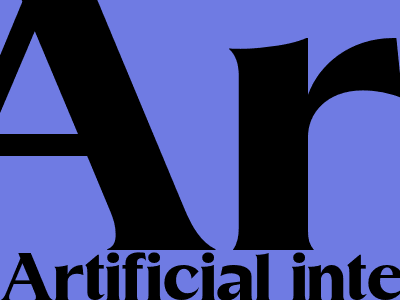
Artificial Intelligence in Construction: Transforming the Industry
Introduction
Artificial intelligence (AI) is rapidly transforming industries worldwide, and construction is no exception. AI-powered technologies are revolutionizing every aspect of construction, from design and planning to project management and execution. This article explores the transformative role of AI in construction, highlighting its benefits, applications, and potential impact on the industry's future.
Benefits of AI in Construction
1. Improved Efficiency and Productivity: AI algorithms automate repetitive tasks, such as data analysis and project scheduling, freeing up human workers for more complex and value-added activities.
2. Enhanced Safety: AI-powered systems monitor construction sites for potential hazards, improving safety for workers and reducing the risk of accidents.
3. Optimized Design: AI algorithms analyze vast amounts of data to generate optimal designs that meet specific project requirements and constraints.
Applications of AI in Construction
1. Design and Planning
- Generative design algorithms create innovative and efficient designs.
- Virtual reality (VR) and augmented reality (AR) tools enhance visualization and collaboration.
- Building information modeling (BIM) software integrates project data for better decision-making.
2. Project Management
- AI algorithms optimize resource allocation and project scheduling.
- Predictive analytics tools identify potential delays and risks.
- Automated progress tracking systems monitor project milestones.
3. Construction Execution
- Robotics and autonomous vehicles automate construction tasks.
- Smart sensors monitor equipment performance and environmental conditions.
- Computer vision systems inspect structures for defects and quality control.
Impact of AI on the Construction Industry
The widespread adoption of AI in construction has the potential to transform the industry in several ways:
- Increased Productivity: AI-powered systems improve efficiency and productivity, reducing project costs and timelines.
- Improved Safety: AI-based safety systems enhance worker protection and minimize accidents.
- Enhanced Collaboration: AI tools facilitate collaboration among project stakeholders, improving communication and decision-making.
- Skill Transformation: AI will create new job opportunities in areas such as data analysis and AI development.
Conclusion
Artificial intelligence is revolutionizing the construction industry, offering numerous benefits and transformative potential. By leveraging AI technologies, construction companies can improve efficiency, enhance safety, optimize designs, and better manage projects. As AI continues to evolve, it is poised to play an even greater role in shaping the future of construction, creating new opportunities and driving innovation in the years to come.